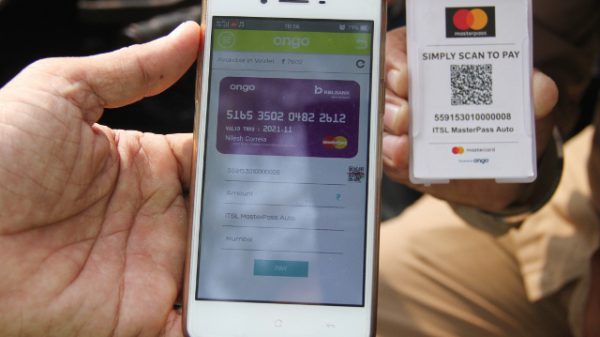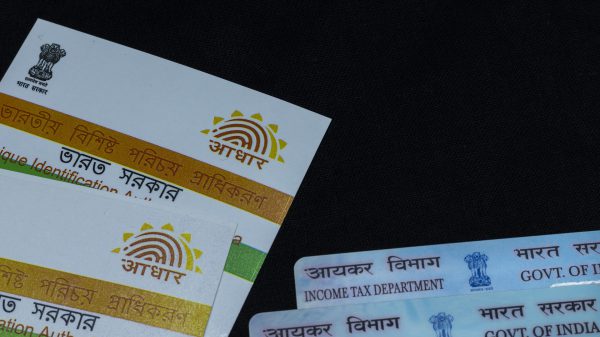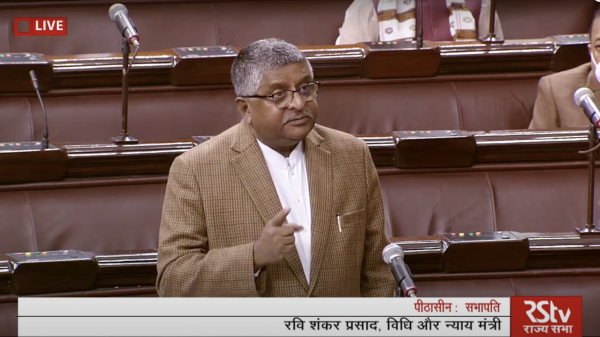Bringing you quick updates on the tech space, policy making and digital rights from India and across the globe.
Can India fill the supply gap in silicon chips?
The world is facing a shortfall of silicon chips as manufacturers were disrupted by the pandemic last year. The world’s largest chipmaker Intel on Monday said that it is discussions with chip design firms to start manufacturing at Intel factories within the next six to nine months. It also said is in talks with auto-manufacturers to supply them silicon chips, even as electric vehicle manufacturers shut shop due to a dearth in semiconductor supplies.
The Indian government, on the other hand, has been trying to attract manufacturers to set up shop in India as part of its Atmanirbhar Bharat campaign. It had announced a production-linked incentives (PLI) scheme for 10 key sectors including electronics, telecom, automotive and auto components. And late last year, the government also floated a request for a proposal (expression of interest) for the manufacturing of 1 million GPS and NavIC chips.
Recently, government officials said that they would give more than $1 billion in cash incentives to companies who set up chip manufacturing units in India. As China dominates the semi-conductor market, the Biden led administration has conducted review of the semiconductor supply chain to identify risks, it announced a $50 billion incentive scheme for manufacturing and research in the space and has introduced legislation that aims to redefine the industry. Can India fulfill the world demand for silicon chips through its policies? It will depend on how manufacturers view the competing regulatory environments and policy incentives.
Read:
- Exclusive: A billion for every chip-maker who ‘makes in India,’ sources say [Reuters]
- Intel in talks to produce chips for automakers within six to nine months -CEO [Reuters]
- How Asia came to dominate chipmaking and what the U.S. wants to do about it [CNBC]
Top Stories From MediaNama
- Kerala HC Declines Interim Stay On State Govt’s Rummy Ban
- Exclusive: What FICCI Said To MEITY On Intermediary Rules
- Indian Stack Can Be Leveraged For Crypto Investments, Lending To SMEs: ISpirt
- Flipkart Inks Deal With Adani Group To Scale Supply Chains, Improve Data Management
Ant Group to reorganise operations as China cracks whip
After Jack Ma’s Alibaba Group was fined $2.8 billion for anti-competitive practices this week, his fintech entity the Ant Group has had to bow down to the country’s financial regulators. It will now apply to become a financial holding company governed by regulations of China’s central bank. Under the regulators’ orders, Ant will to set up a licensed personal credit reporting company, while the personal lending services Jiebei and Huabei will be integrated together to form a regulated consumer finance company. Ant Group was scheduled to go public with a Hong Kong listing last year and planned to raise $34 billion at a valuation of over $300 billion. But this was put to a stop by the Chinese government after Ma criticised regulators publicly in October last year.
Read: Jack Ma’s Ant Group Bows to Beijing With Company Overhaul [Wall Street Journal]
Two-wheeler manufacturer Hero enters EdTech space
The edtech sector has seen a boom in the past year, and Hero Group does not want to miss out on the opportunity. The promoters of Hero Group announced that they diversifying their business, and have launched a new edtech startup called Hero Vired. It has infused 10 million (Rs 75 crore) worth of capital into the startup, which will focus on developing skills among working professionals, older students and fresh graduates.
The blueprint of the business seems similar to Upgrad. Hero Vired has already signed deals with the Massachusetts Institute of Technology, and New York-based Codecademy, an e-learning coding website. The company will offer a six months full-time programme followed by three to four months of internship and a part-time programme of over 11 months. This is not the first time the family-owned Hero Group has forayed into education. In 2014, it set up the BML Munjal University.
GameStop hunts for new Chief Executive
Video game seller GameStop is looking for a new Chief Executive Officer as the company shifts focus to online sales from brick-and-mortar stores. The dwindling market for physical copies of games provoked co-founder and former CEO Ryan Cohen to join the company’s board in a bid to realign the company’s business strategy. Several board members are hunting for a CEO and are in talks with candidates from gaming, eCommerce and technology verticals. George Sherman, who is currently the CEO, has 25 years of experience running physical stores but has minimal exposure to eCommerce.
Read: Exclusive: GameStop initiates search for new CEO – sources [Reuters]
US internet regulatory body wants to test bandwidth
The US Federal Communications Commission released its FCC Speed Test app to collect data on broadband availability and speed in the United States. The launch is part of the FCC’s Measuring Broadband America program which aims to bolster connection speeds and incorporate new technologies. The app is available for download on the Google PlayStore and Apple App Store. The FCC will use data from this app to map broadband coverage in the country, phasing out its earlier practice of self-reporting by internet service providers.
Read: FCC News Release
Bank RTGS to be shut on Sunday, April 18 for 14 hours
The Reserve Bank of India announced that the Real-Time Gross Settlement money transfer facility will be shut on Sunday, April 18, from midnight till 2 PM for a technical upgrade. The central bank said the update aims to improve the Disaster Recovery Time of the RTGS system which is generally used for high-value transactions. Meanwhile, RBI has said the National Electonic Fund Transfer system will function as usual.
Read: RBI Press Release: 2021-2022/44














